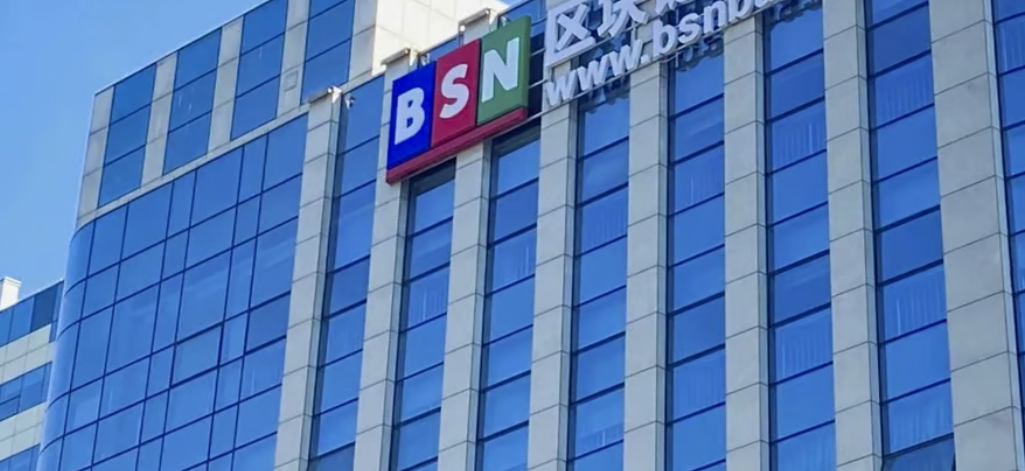Overview
As blockchain moves beyond the hype and into business-critical systems, the skills of blockchain-competent software engineers are in high demand. Businesses across the globe and across industries are recognizing the value that blockchain brings and are looking for people who can bring the next generation of transactional applications to life.
This course will teach you everything you need to be a good blockchain software engineer. Starting with comprehensive basics, and through a mix of delivered lectures, hands-on tutorials, and group activities, you’ll learn:
- What a blockchain is and why it’s important
- Use cases that can (and have) benefited from blockchains Blockchain
- The Technical Concepts Underpinning Blockchains
- How to Design and Implement Blockchain Applications
- How to Create and Manage Networks Blockchain
Blockchain is a shared and replicated ledger that underpins technologies like Bitcoin. However, the scope of Blockchain is broader than that of cryptocurrencies, as it aims to provide the foundation for the next generation of business-to-business applications.
Take this course and gain the necessary career-enhancing skills to help you break into this rapidly developing area of technology!
Program Details
There are no formal prerequisites for this course. However, it is intended for those with a technical background, as it includes discussion of basic computer science concepts and contains simple, fully guided programming in Javascript.
The course will focus on the use of distributed ledgers in business scenarios, and not on the use of (and investment in) cryptocurrencies.
You will examine a range of different blockchain frameworks, with a particular emphasis on technology from the Linux Foundation Hyperledger project. This is an open source collaborative effort created to advance blockchain technologies across industries. The tutorials will mainly focus on Hyperledger Fabric for blockchain ledger implementation.
The course will consist of four modules:
Blockchain Concepts
- Introduction to Blockchain and Why It Is Important
- State of the Community
- Different Blockchain implementations
- Real-World Blockchain Examples Blockchain
Blockchain Applications
- Design Thinking for Blockchain Projects
- Identifying Good blockchain use-cases
- Design Solutions
- Modeling Blockchain Applications
Blockchain Technology
- Blockchain Technology Concepts
- Hyperledger Fabric
- Development Tools
- Smart Contracts and Applications
Blockchain Practices
- Using Management Tools
- Blockchain Platforms
- Good Blockchain Architectures
- Building Applications
Software Engineering Tutorials
To Take Advantage of Tutorials software engineering, we ask that you bring your own laptop.
These will require a minimum specification (see ‘IT Requirements’ section below), as the course will use an online development environment via a Firefox or Chrome browser.
Tutor
Matthew Paul Lucas
Course developer and tutor
Global Blockchain Engagement, IBM
Matthew Lucas, MSc BSc FBCS, leads IBM training and education initiatives for blockchain.
He is responsible for ensuring that IBM customers, business partners, students and employees understand blockchain technologies and apply them correctly.
Matt is the author of much of IBM’s blockchain material, including presentations, tutorials and courses, and regularly lectures at a large number of universities around the world.
He works at IBM’s Hursley Development Lab in the UK and has worked with IBM for over 20 years on a variety of integration middleware technologies.
IT Requirements
These are the minimum computer requirements needed to participate in this course:
Hardware
- Any typical laptop produced in the last five years should be suitable.
Recommended web browsers:
- Mozilla Firefox
- Google Chrome
- Apple Safari
For the best experience and optimal security, we recommend that you keep your browser up to date. If you encounter any problems using a system we don’t support, we’ll ask you to try a supported browser.














